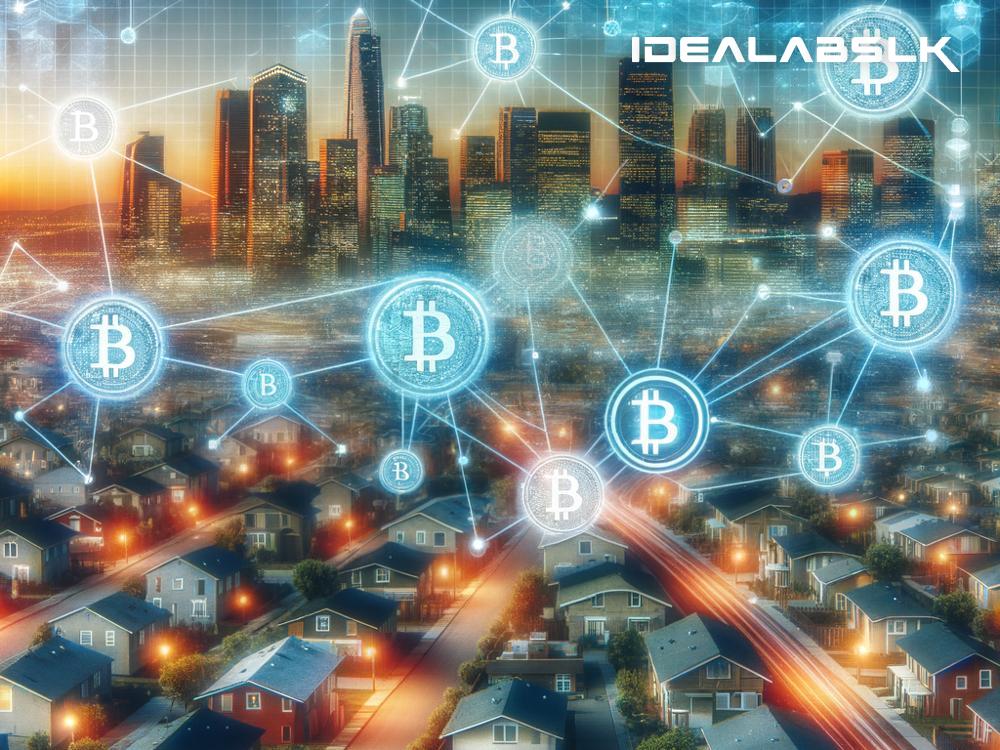Simplifying the Blockchain Buzz: A Look into Real Estate Legalization
In recent years, blockchain technology has been a buzzword that's been floated around in various industries, promising revolutionary changes. If you're not tech-savvy, the term might sound like something out of a sci-fi movie. However, its implications, especially in the real estate sector, can significantly simplify and secure processes in ways we've never imagined. So, let's dive into understanding blockchain technology's role in real estate legalization in simple terms.
What is Blockchain Technology?
Imagine a digital ledger or a record book that's not kept in one place but is spread out over numerous computers around the world. This ledger records transactions in blocks, and once a block is full, it's linked to the previous block, forming a chain - hence, blockchain. The beauty of this system is its transparency and security. Everyone with access can see the transactions, and once a transaction is recorded, it cannot be altered or deleted secretly.
The Current State of Real Estate Transactions
Buying or selling property is no small feat. It involves multiple steps, including negotiations, contracts, inspections, and most crucially, the legal aspect — the transfer of property titles. Currently, this process is paper-intensive, time-consuming, and vulnerable to fraud. Forgeries and disputes over property titles can cause significant headaches and financial losses. Enter blockchain technology.
How Blockchain Can Transform Real Estate Legalization
Imagine a world where you could transfer property ownership as easily as sending an email. This is the promise blockchain brings to real estate transactions. Here are several ways in which blockchain could revolutionize the real estate industry:
1. Streamlined Transactions
With blockchain, the entire history of a property — from its construction to every sale and purchase — can be recorded on a digital ledger. This makes verifying property titles faster and more efficient, reducing the need for extensive background checks and significantly speeding up transactions.
2. Reduced Fraud
Since each transaction on the blockchain is encrypted and irreversible, the risk of fraud is minimized. It becomes nearly impossible to forge documents or claim ownership of property unlawfully. This added layer of security brings peace of mind to both buyers and sellers.
3. Smart Contracts
Smart contracts are self-executing contracts where the terms are directly written into lines of code. These can automate several steps in the buying process, such as releasing funds to the seller once a property inspection is passed or all legal documents are verified and signed. This not only speeds up the process but also reduces the potential for human error.
4. Decentralization and Accessibility
Blockchain's decentralized nature means that all transactions are transparent and accessible to everyone involved. There's no central authority controlling the data, making the process more democratic. This could open up the real estate market to more people, improving accessibility and equity in property ownership.
Real-World Applications and Challenges
While the potential for blockchain in real estate is vast, its application is still in the early stages. Some companies are experimenting with blockchain for property listings, land registry operations, and even crowdfunding real estate investments. However, challenges remain, including regulatory acceptance, the digital divide, and the need for a significant shift in how traditional real estate transactions are conducted.
Looking Ahead
The road to widespread blockchain adoption in real estate might be long and winding, but the destination seems promising. As technology evolves and more stakeholders recognize its benefits, we could see a shift towards more secure, transparent, and efficient real estate transactions. This could mean a future where buying or selling property is as easy, quick, and reliable as online shopping.
In conclusion, blockchain technology harbors the potential to revolutionize the real estate industry by mitigating fraud, simplifying transactions, and making property ownership more accessible. While there are hurdles to overcome, the future looks promising for blockchain in real estate legalization. By simplifying the complexities and bolstering security, blockchain could very well be the key to unlocking a new era in real estate transactions, making the process smoother and safer for everyone involved.

